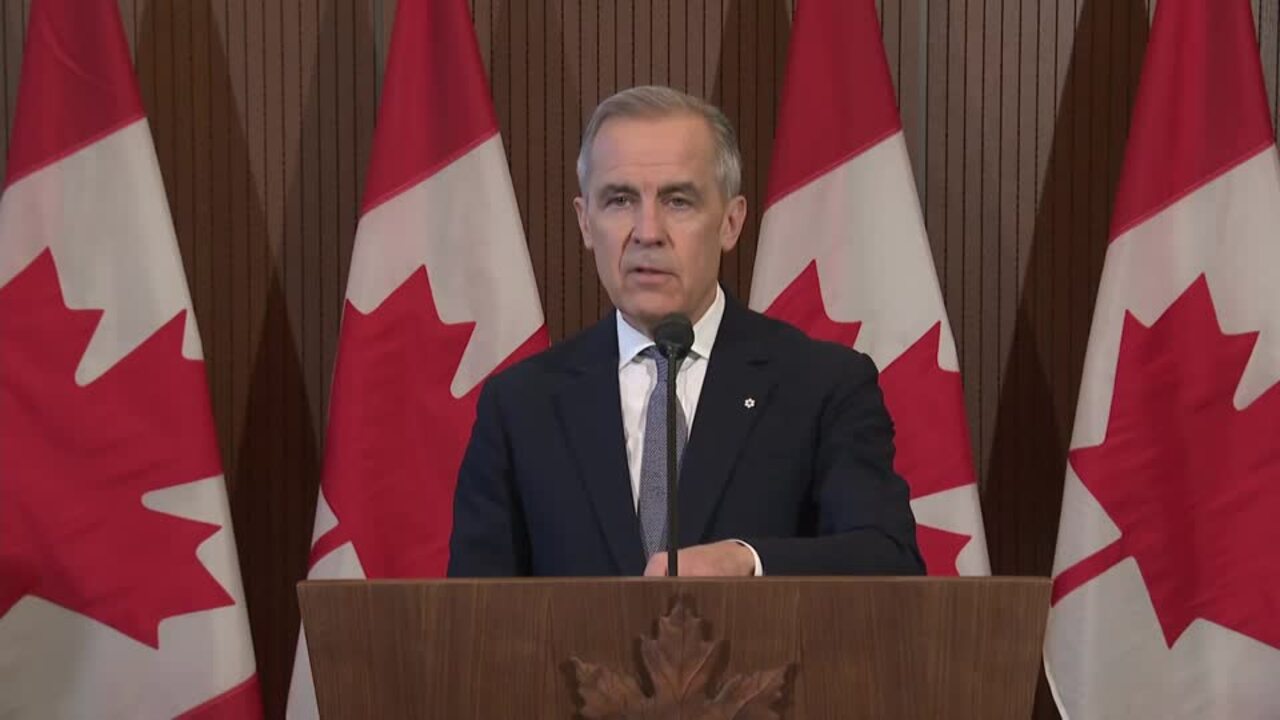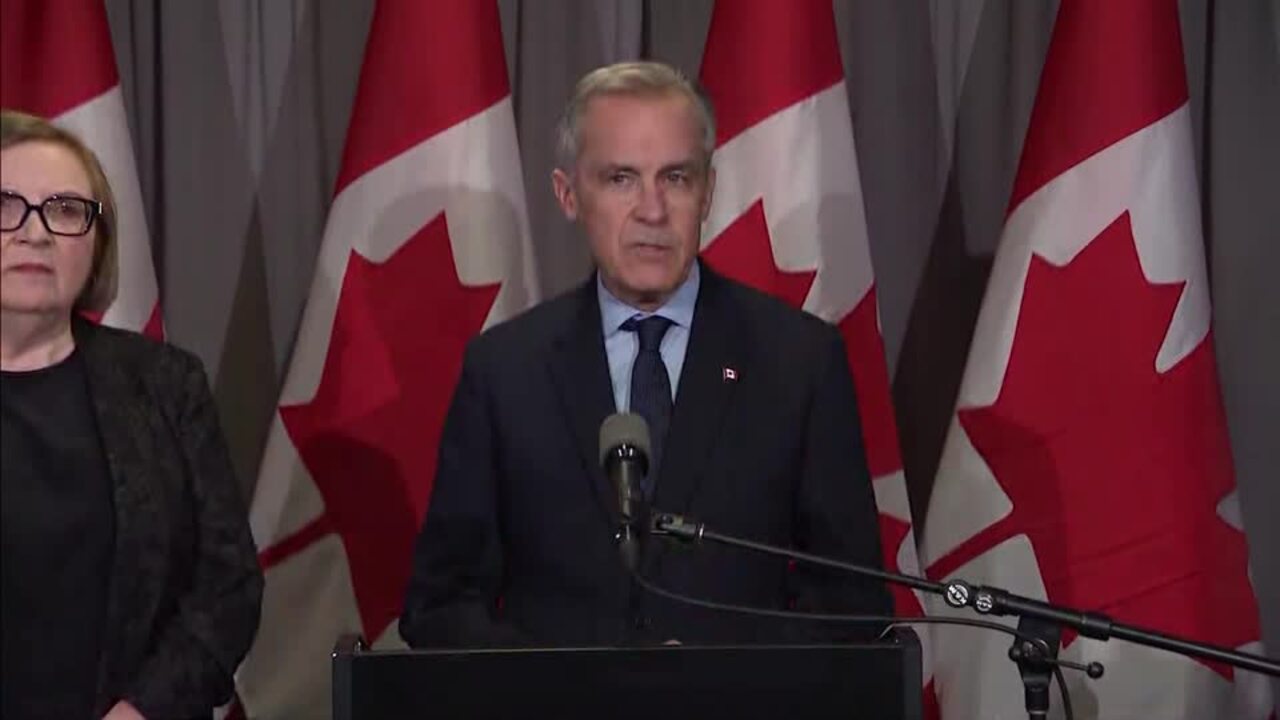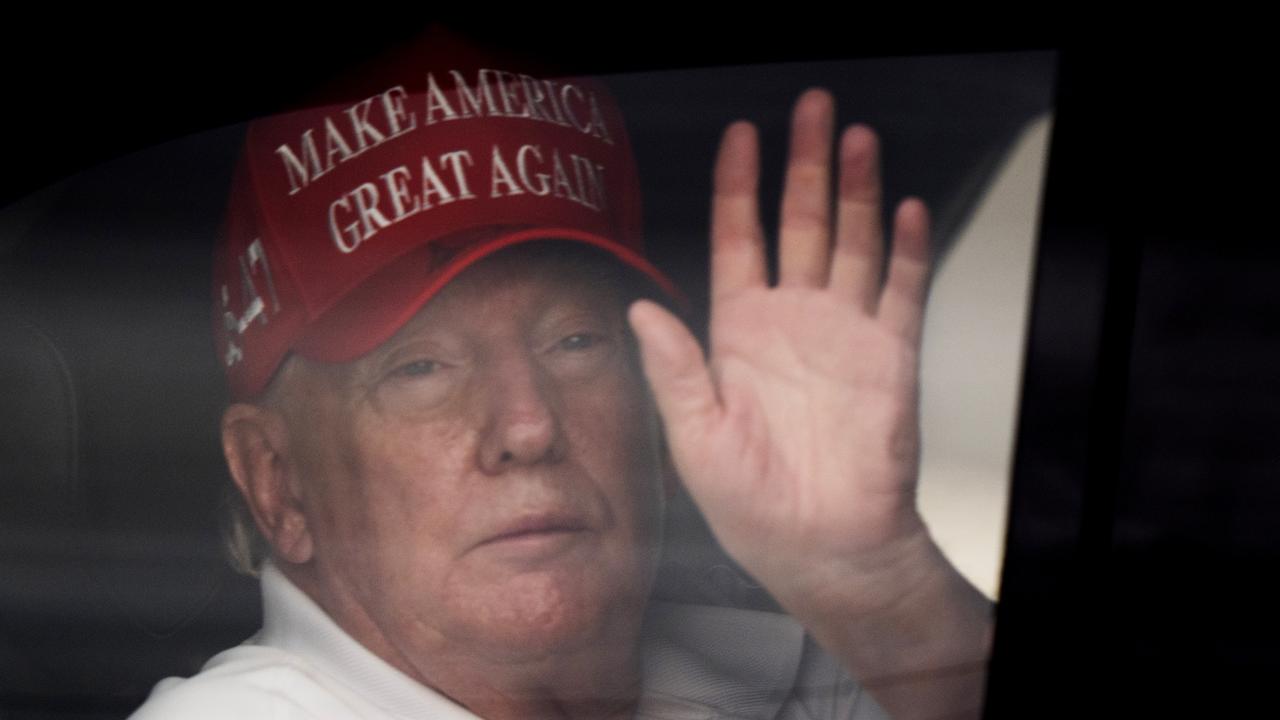Canada’s old relationship with US ‘is over’: Mark Carney
The Canadian Prime Minister blasted Donald Trump’s tariffs on imported vehicles and parts, saying Canada would respond with retaliatory tariffs that will have ‘maximum impact’ on the US.

Canadian Prime Minister Mark Carney has blasted Donald Trump’s tariffs on imported vehicles and parts, saying Ottawa’s “old relationship” of economic, security and military ties with Washington “is over.”
Speaking to reporters after a cabinet meeting, Mr Carney said Canadians must “fundamentally reimagine our economy” in the face of the 25 per cent levies. He said Canada would respond with retaliatory tariffs that will have “maximum impact” on the US but expected to speak to the US President in the next day or two.
The steep tariffs, which take effect on April 2 (April 3 AEDT), impact foreign-made cars, light trucks and vehicle parts. They come after Washington partially imposed a blanket 25 per cent tariff on Canadian goods, along with a 25 per cent duty on all aluminium and steel imports. Canada has so far retaliated with about US$42bn of tariffs on US goods.
Experts warn of higher vehicle costs across the world, with global leaders urging retaliation as trade tensions intensify and price hikes appear on the horizon.
Major car exporter Germany called for a firm response from the European Union, while Japan said it “will consider all options.”
Italian carmaker Ferrari said it would raise prices on many models sold to the United States by up to 10 per cent from next week.
Global stock markets slumped with shares in automakers like Toyota, Hyundai, Mercedes and others falling. Wall Street’s main indexes closed lower as shares in General Motors and Ford fell.
French Finance Minister Eric Lombard said the only solution for the European Union is to “raise tariffs on American products in response.”

Mr Carney, who earlier called the tariffs a “direct attack” on his country’s workers, said he had convened a meeting to discuss trade options.
Mr Trump stepped up threats overnight, saying on social media that Canada and the EU could face “far larger” surcharges if they worked together “to do economic harm to the USA.”
The American Automotive Policy Council representing the big three automakers warned tariffs must be implemented in a way that “avoids raising prices for consumers” and preserves the industry’s competitiveness.
Canadian Vehicle Manufacturers’ Association president Brian Kingston said the measures would bring higher costs for producers and consumers, alongside “a less competitive industry.”
About one in two cars sold in the United States are manufactured in the country. Among imports, about half come from Mexico and Canada, with Japan, South Korea and Germany also major suppliers.
The White House estimates that of the US-made cars, their average domestic content is likely around 40 per cent.
Top Trump trade aide Peter Navarro on Wednesday blasted “foreign trade cheaters” who he said turned the US manufacturing sector into a “lower wage assembly operation for foreign parts.” He took aim at Germany and Japan for reserving construction of higher-value parts to their countries.
But the White House said vehicles entering the United States under the US-Mexico-Canada Agreement (USMCA) can qualify for a lower rate depending on their American content.
USMCA-compliant auto parts will remain tariff-free as officials establish a process to target their non-US content.
Mexican President Claudia Sheinbaum said tariffs were contrary to the North American trade deal, but noted her country would wait until April before responding.
AFP



To join the conversation, please log in. Don't have an account? Register
Join the conversation, you are commenting as Logout